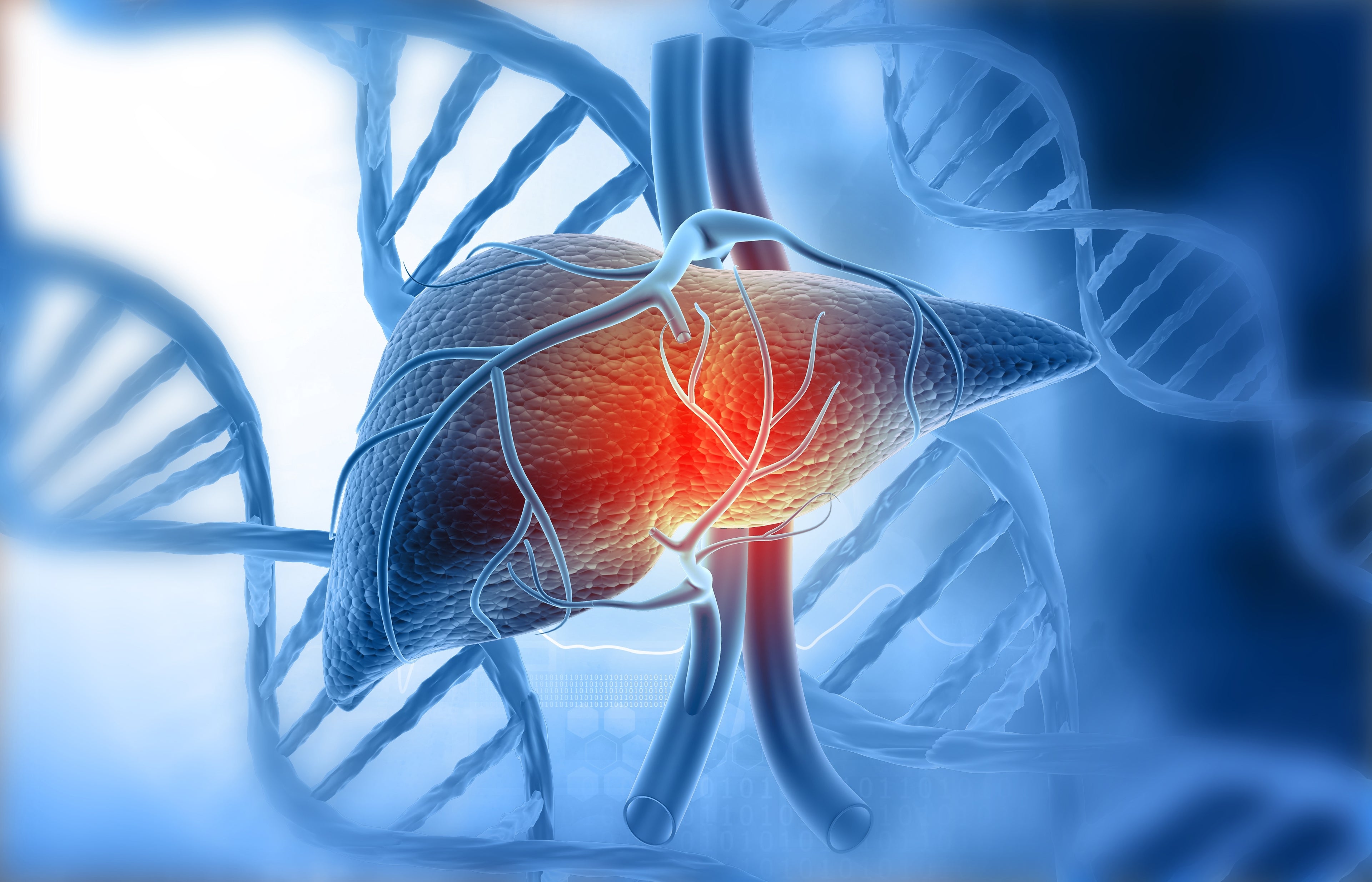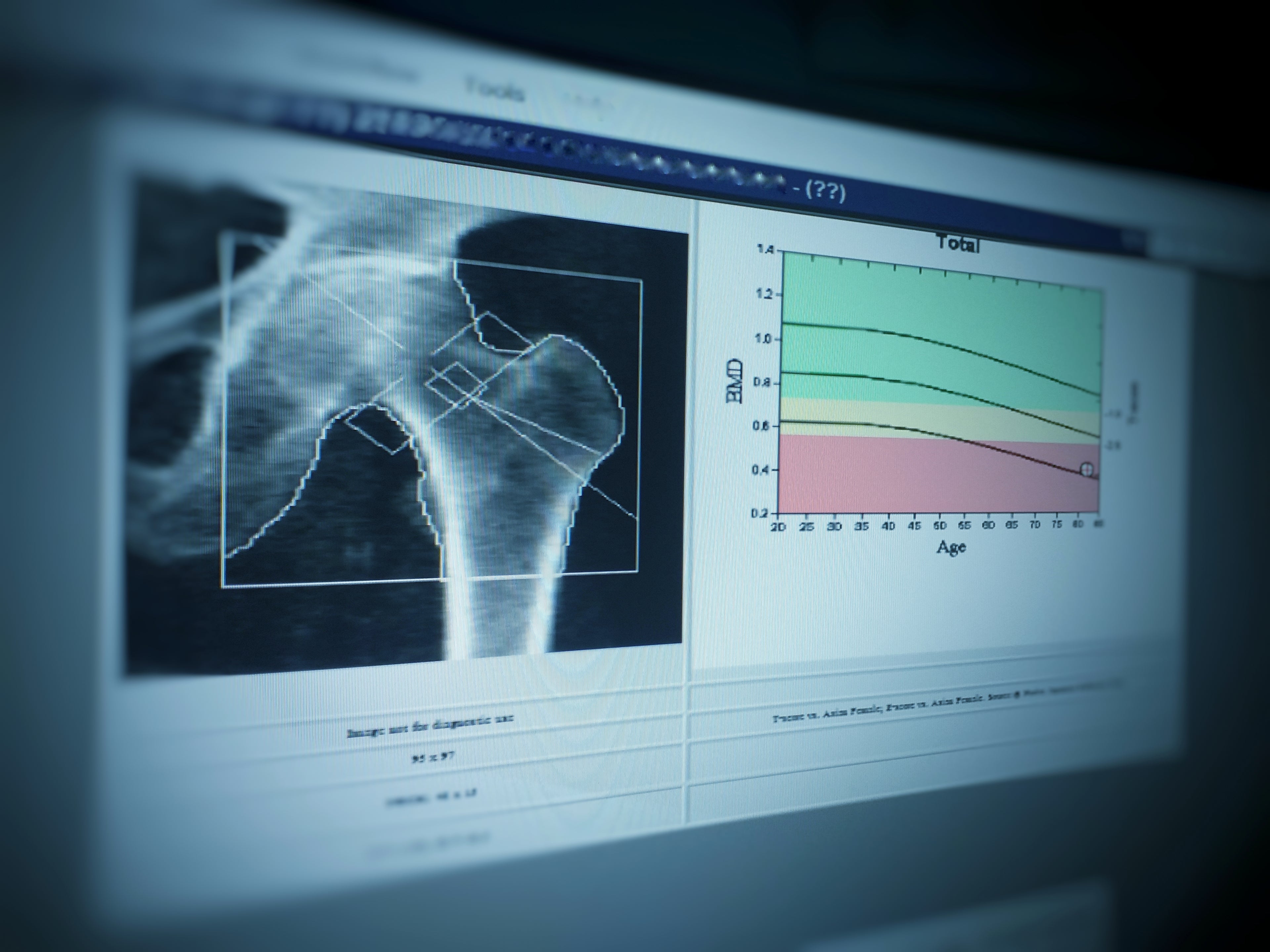The liver is one of the body's most crucial organs, acting as a filter to remove toxins, bacteria, and harmful substances from the bloodstream. It plays an active role in many essential bodily functions, making liver health a top priority.
Since the liver is involved in over 500 functions, it makes sense to support its health. Many supplements, like Innerthera's Liver Detox, aim to help maintain or enhance liver function. But do liver detox supplements really help, or are lifestyle changes enough to keep the liver healthy?
Why Liver Health Matters
The liver is the body’s largest internal organ, and its primary roles include filtering toxins from the blood, producing bile for digestion, and managing nutrients. Some of the liver’s key functions include:
- Detoxifying harmful substances
- Breaking down and storing nutrients, including vitamins and minerals like A, D, E, K, B12, and iron
- Regulating blood clotting and metabolism
- Storing glucose for energy
- Processing medications
What’s remarkable is that the liver has the unique ability to regenerate itself after damage. However, damage from alcohol, fatty deposits, medications, and diseases like hepatitis can lead to irreversible issues.
Common Signs and Symptoms of Liver Disease:
- Fatigue and weakness: One of the earliest signs of liver disease is persistent tiredness and weakness, which can often be mistaken for general fatigue.
- Jaundice: A yellowing of the skin and eyes, jaundice occurs when the liver cannot effectively process bilirubin, a byproduct of red blood cell breakdown.
- Dark urine and pale stools: Liver dysfunction can lead to dark-colored urine and light or clay-colored stools due to impaired bile production.
- Abdominal pain and swelling: Discomfort or pain in the upper right side of the abdomen (where the liver is located) is a common symptom. Swelling, or ascites, can occur when fluid accumulates in the abdomen.
- Nausea and vomiting: Digestive issues, such as nausea, vomiting, or a loss of appetite, can develop as the liver becomes less effective at processing food and toxins.
- Itchy skin (pruritus): This can occur due to the buildup of bile acids under the skin, as the liver struggles to process bile.
- Swelling in the legs and ankles (edema): Fluid retention in the legs and ankles is common in advanced liver disease due to poor liver function.
- Easy bruising and bleeding: Since the liver produces proteins needed for blood clotting, liver dysfunction can lead to frequent bruising and bleeding.
Lesser-Known or Silent Signs of Liver Disease:
- Mental confusion or memory problems (Hepatic encephalopathy): Liver dysfunction can affect brain function due to the buildup of toxins like ammonia, leading to confusion, difficulty concentrating, memory loss, or mood swings.
- Sleep disturbances: Changes in sleep patterns, including insomnia or excessive daytime sleepiness, can occur due to liver-related metabolic imbalances.
- Chronic itching without rash: This can be an early sign of bile duct issues or cholestasis, where bile flow is obstructed, leading to itching even without visible skin irritation.
- Unexplained weight loss: Liver disease can interfere with metabolism, leading to unintentional weight loss or malnutrition as the disease progresses.
- Spider angiomas: Small, spider-like blood vessels that appear just beneath the skin, particularly on the face and chest, can indicate liver dysfunction. These are caused by hormonal imbalances related to liver disease.
- Red or blotchy palms (palmar erythema): This occurs due to increased blood flow to the skin, which can be an indicator of liver disease.
- Bad breath (foetor hepaticus): A sweet, musty odor in the breath can occur in liver disease due to the buildup of volatile substances the liver cannot detoxify.
- Gynecomastia (in men): Enlarged breast tissue in men can result from hormone imbalances related to liver disease.
- Chronic bloating and gas: While bloating and gas can have many causes, persistent digestive discomfort can sometimes be linked to underlying liver dysfunction.
- Unexplained fever: In some cases of liver disease, particularly when infections like hepatitis are involved, mild or low-grade fevers can occur.
Do Supplements Like Liver Detox Work?
We’ve all experienced moments of overindulgence, from overeating to that extra drink at a social event. Liver detox supplements often claim to restore balance and support liver function after such episodes. Supplements, such as Innerthera’s Liver Detox, combine natural ingredients like milk thistle, choline (VitaCholine®), Alpha Lipoic Acid, and N-Acetyl Cysteine (NAC), which have shown promise in protecting liver health. For instance:
Milk thistle is well known for its liver-protecting properties, primarily due to its active compound, silymarin, which is a mixture of flavonoids. Here's how milk thistle benefits liver health:
- Liver detoxification: Milk thistle is often used to help detoxify the liver by supporting its ability to process and eliminate toxins, which is why it's a common ingredient in liver detox supplements.
- Liver cell regeneration: Silymarin has been shown to promote liver cell regeneration, which is essential for repairing damage caused by toxins, alcohol, and certain medications.
- Antioxidant protection: Milk thistle acts as a powerful antioxidant, neutralizing free radicals that can damage liver cells. This is especially beneficial in protecting the liver from oxidative stress caused by toxins, alcohol, and other harmful substances.
- Anti-inflammatory effects: Silymarin has anti-inflammatory properties, which can help reduce liver inflammation associated with conditions like hepatitis and fatty liver disease.
- Supporting treatment of liver diseases: Milk thistle is sometimes used as a complementary treatment for liver diseases such as cirrhosis, alcoholic liver disease, and non-alcoholic fatty liver disease (NAFLD). Though it may not cure these conditions, it has been shown to improve liver function and reduce enzyme levels in some cases.
Choline is essential for liver health, playing a critical role in several functions that help maintain proper liver function. Here’s how choline benefits the liver:
- Fat metabolism: Choline helps the liver metabolize and transport fats efficiently. It plays a key role in the production of phosphatidylcholine, which is needed to package and move fats out of the liver. Without adequate choline, fats can accumulate in the liver, leading to conditions such as non-alcoholic fatty liver disease (NAFLD).
- Preventing liver damage: Choline helps prevent fat buildup in the liver, reducing the risk of liver inflammation and damage. A choline deficiency can lead to an excess of fat in the liver, which can contribute to liver diseases like fatty liver and, in severe cases, cirrhosis.
- Supporting detoxification: Choline contributes to liver detoxification processes by helping in the synthesis of substances that aid in breaking down and eliminating toxins from the liver.
- Methylation and liver function: Choline is involved in the methylation process, which is essential for liver function and for detoxifying harmful compounds. Methylation also regulates homocysteine levels, which if elevated, can increase the risk of liver and cardiovascular diseases.
Alpha-lipoic acid (ALA) is a powerful antioxidant that is well-known for its benefits to liver health. Here are the key ways alpha-lipoic acid supports the liver:
- Antioxidant protection: ALA is both fat- and water-soluble, allowing it to work in various parts of the body, including the liver, to neutralize free radicals and reduce oxidative stress. This is crucial for protecting liver cells from damage caused by toxins, alcohol, and other harmful substances.
- Liver detoxification: ALA plays a role in supporting the liver’s detoxification processes. It helps regenerate other antioxidants like glutathione, which is vital for liver detoxification. By boosting antioxidant levels, ALA helps the liver effectively remove toxins and harmful compounds.
- Supporting treatment of liver diseases: ALA has been researched for its potential to help in the management of liver diseases such as non-alcoholic fatty liver disease (NAFLD), alcoholic liver disease, and even liver damage caused by toxic substances like heavy metals. Its ability to reduce inflammation and oxidative damage makes it a promising supplement for liver support.
- Regeneration of other antioxidants: One of ALA’s unique benefits is its ability to regenerate other essential antioxidants, such as vitamin C, vitamin E, and glutathione. This helps maintain a healthy antioxidant balance in the liver, which is crucial for fighting inflammation and oxidative damage.
- Reducing inflammation: ALA has anti-inflammatory properties, which may help decrease liver inflammation and improve overall liver function, especially in conditions such as hepatitis or fatty liver disease.
N-Acetyl Cysteine (NAC) is a powerful compound that is highly regarded for its benefits to liver health. Here’s how NAC supports the liver:
- Boosts glutathione production: NAC is a precursor to glutathione, one of the body’s most important antioxidants. Glutathione plays a crucial role in protecting liver cells from oxidative stress and helps in detoxifying harmful substances. By increasing glutathione levels, NAC enhances the liver's ability to neutralize toxins and reduce liver damage.
- Detoxification: NAC supports the liver's natural detoxification processes by helping break down and eliminate toxins, especially those caused by medications, environmental pollutants, and alcohol. It's commonly used to treat acetaminophen (Tylenol) overdose, as it helps restore depleted glutathione levels and prevents liver damage.
- Protects against liver damage: NAC is often used to protect the liver from damage due to oxidative stress, alcohol abuse, and exposure to toxic substances. It can help reduce inflammation in liver cells and prevent liver damage, particularly in cases of non-alcoholic fatty liver disease (NAFLD), hepatitis, and other liver disorders.
- Anti-inflammatory properties: NAC helps reduce inflammation in the liver, which is key in preventing the progression of liver diseases such as cirrhosis, alcoholic liver disease, and fatty liver disease.
- Treatment of liver disorders: Due to its powerful antioxidant and anti-inflammatory properties, NAC has been used in clinical settings to treat various liver conditions, including acute liver failure, chronic liver diseases, and cirrhosis.
Natural Ways to Support Liver Health
The best way to ensure a healthy liver is through lifestyle choices. Here are a few key actions you can take:
- Limit alcohol consumption: Men should limit to two drinks per day, and women to one.
- Avoid harmful medications: Overuse or improper use of certain medications can cause liver damage. Always follow medical advice and avoid mixing alcohol with medications that caution against it.
- Maintain a healthy weight: Obesity, diabetes, and high cholesterol can lead to metabolic dysfunction-associated liver disease (MASLD). Eating an anti-inflammatory diet, such as the Mediterranean diet, and staying active can help reduce the risk.
- Stay informed about your risk factors: Discuss any family history of liver disease with your healthcare provider and get screened for conditions like hepatitis.
The Bottom Line
Liver health is vital to overall well-being, and while supplements like Innerthera's Liver Detox may offer additional support, a healthy lifestyle is the foundation of liver care. Reducing alcohol intake, avoiding harmful substances, and maintaining a balanced diet are key steps to keeping your liver functioning at its best.
In summary, while supplements can play a role in supporting liver health, it’s essential to combine them with healthy habits for optimal results. If you're considering a liver supplement, consult your healthcare provider to ensure it fits your personal health needs.






